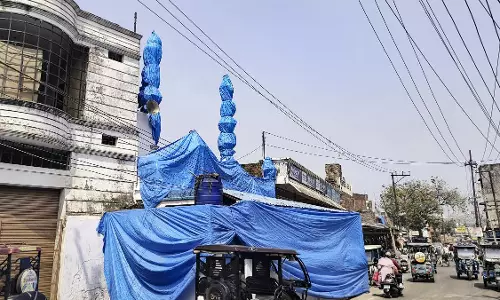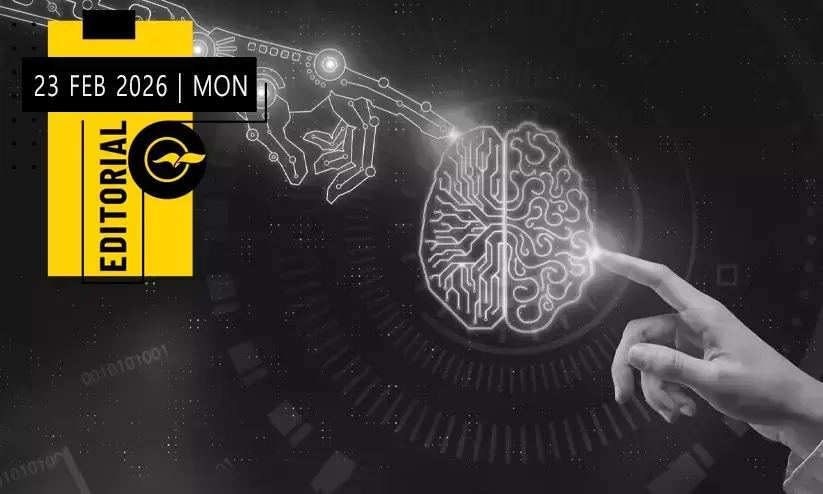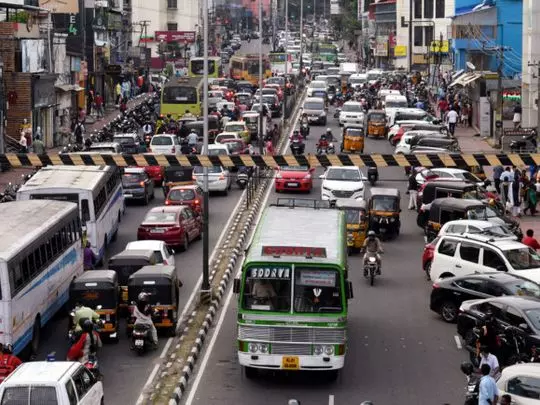
IMA sees Kerala's COVID curbs unscientific, asks Govt to make changes
text_fieldsThiruvananthapuram: The Indian Medical Association (IMA) wrote a letter to Kerala Chief Minister PinarayiVijayan saying that the lockdown in Kerala is "unscientific" and "ineffective". Kerala has been seeing a surge of Covid-19 cases for the past months.
Kerala has reported 15,637 new Covid-19 cases in the last 24 hours and is the highest contributing state in the country since June 15. The positivity rate has remained over 10%.
The organisation urged the state government to make some changes soon.
The IMA letter added that home isolation for Covid-19 patients was an effective strategy in the beginning, but it is no longer working in Kerala. The letter read that even if one person who tested positive stays home for a week, everyone in the house is testing positive. The virus is spreading rapidly in Kerala and every house is turning into a cluster, reported The News Minute.
The IMA has suggested that the government build FLCTS (First-line treatment centres) and community living centres for patients to quarantine and recover.
The Kerala chapter of IMA, in its strongly worded letter, said that the current lockdown restrictions in the state are encouraging people to gather near shops and other public establishments. The IMA pointed out that people are more likely to visit shops more when it is only open for a few days a week.
The letter said that the time restrictions imposed also don't make sense because crowds get the chance to spread out when a business establishment is open for longer hours. The IMA asked the government to change protocols for testing for Covid-19, and called contact testing and tracing the need of the hour, said The News Minute report.
The letter also condemned the PinarayiVijayan government's decision to not rope in private entities to the vaccination programme. It stated that 70% of the Malayali population relies on private hospitals. IMA pointed out that private players were ready to distribute the vaccines provided by the government free of charge and not collect service charges, but the state government said no to this proposal.
The letter warned that the government should strategise for long-term effects because the pandemic is here to stay for a few more years. A sero prevalence study to find out the percentage of the population who are still vulnerable was also demanded.























